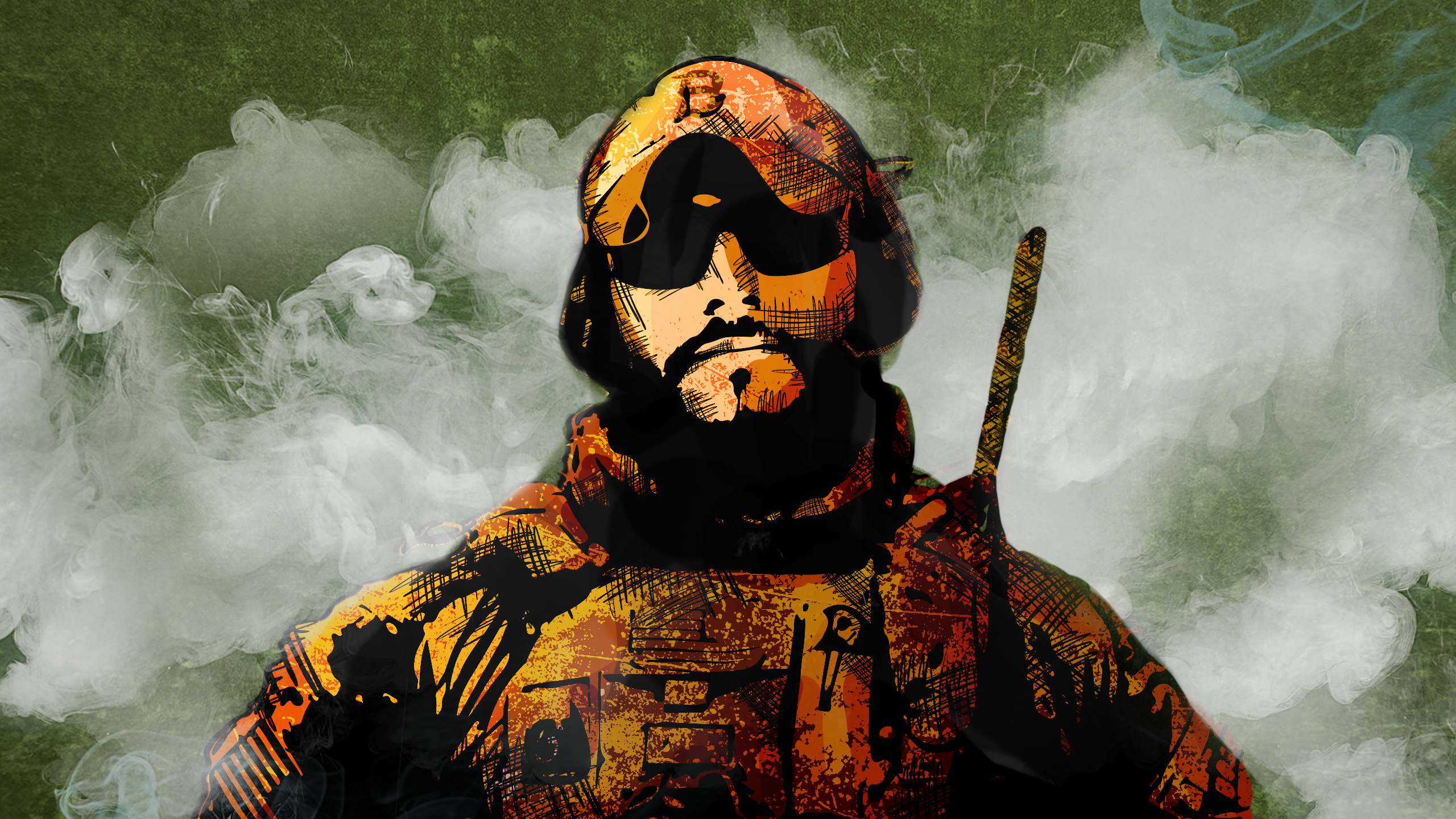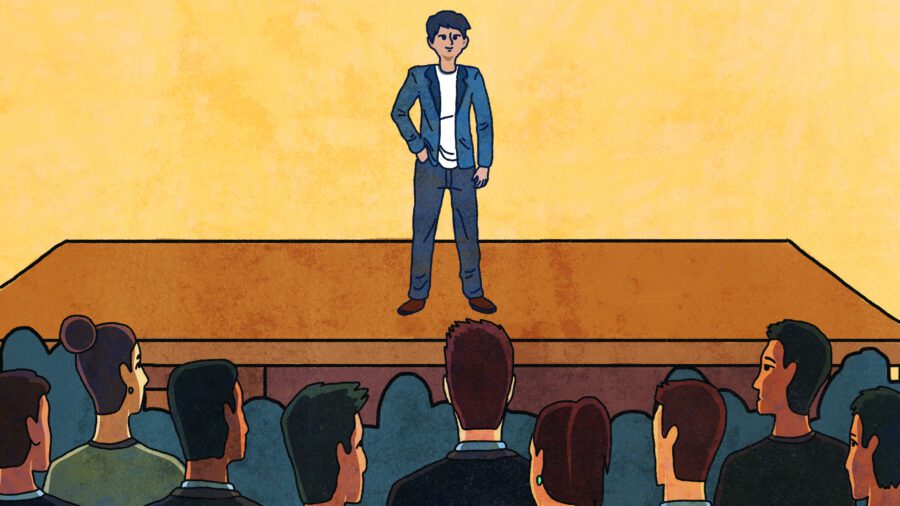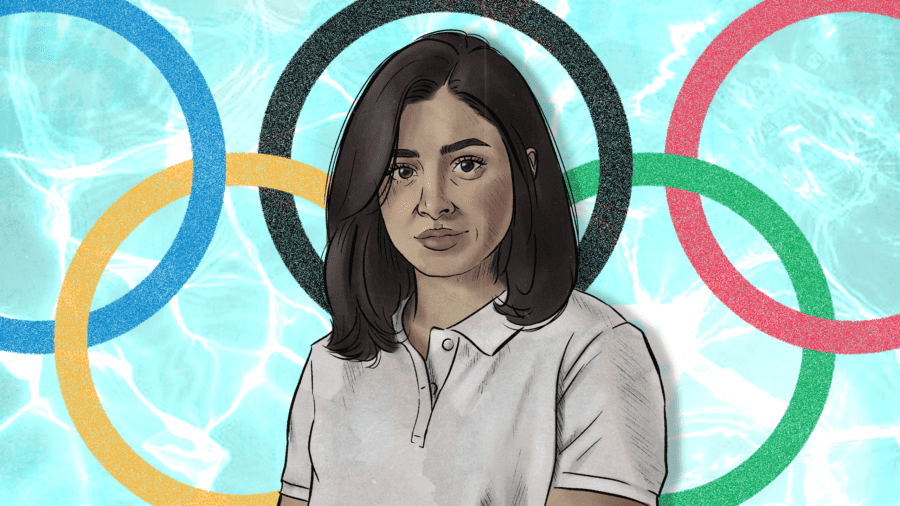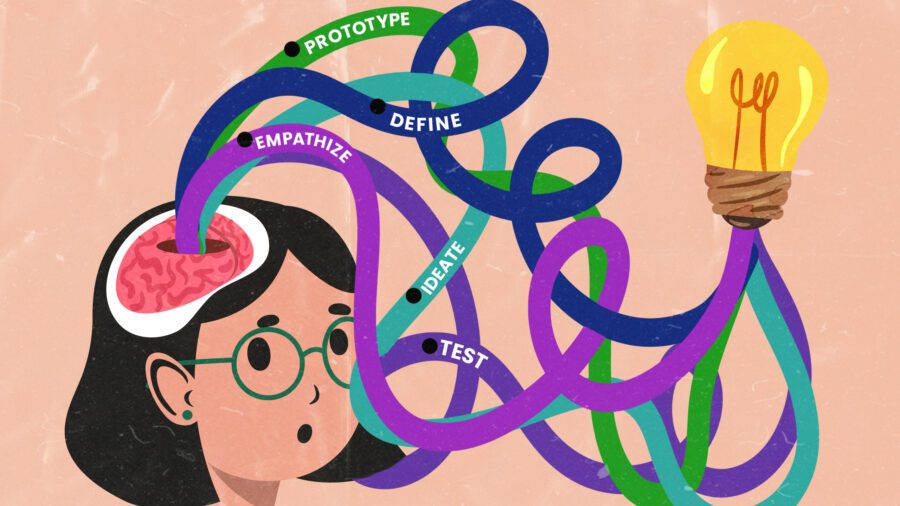
The Warrior Mindset: Green Beret Nick Lavery’s Story of Overcoming Injury Against All Odds
What’s the biggest physical obstacle you’ve ever had to overcome in your life?
Maybe it was putting on weight to make the varsity football team in high school, or maybe it was recovering from a serious surgery. Regardless of whatever obstacle you’ve had to overcome in your life, it’s important to take a moment and reflect on your strength and perseverance. You are strong, and your victories are worthy of celebration.
For most, a serious injury is the biggest obstacle they will ever have to overcome. When someone’s body is injured to the point that it severely alters the way they live their life, no matter what the injury is, it is extremely challenging to ease back into normal life for a variety of reasons.
If you’ve been working on overcoming an obstacle in your life and looking for an inspirational true story to push you toward progress, you’re in the right place. Keep reading to learn about the amazing true story of U.S. Special Forces Warrant Officer Nick Lavery.
Nick’s story is an incredible journey of strength, perseverance, and determination that is sure to inspire you to reach for goals in your life that you previously thought were unattainable. Let’s dive into it!
Nick Lavery’s Inspiring Story of Overcoming Physical Adversity
Nick Lavery exemplifies what it is to have an indomitable spirit in the face of the hardships that life throws at you.
Born and raised in the state of Massachusetts, Nick is currently serving active duty in the United States Army Special Forces — often known as the Green Berets. Members of this elite branch of the Army are tasked with important operations such as direct action, counterinsurgency, foreign internal defense, special reconnaissance, and unconventional warfare.
Joining the Special Forces is an impressive feat in and of itself, but there’s one important thing that sets Lavery apart from those that served alongside him. Nick is the first above-the-knee amputee to return to active duty — ever.
On the tail end of his second tour in Afghanistan in 2013, mere weeks before going home, Nick and his detachment were ambushed by an insider attack which resulted in the loss of his right leg. The injury caused Lavery to undergo a year’s worth of surgery and initial rehabilitation at Walter Reed National Medical Center for Military Personnel, which included the use of a prosthetic.
Once his recovery time was complete, Lavery amazingly decided to turn down a medical retirement from the military and instead set his sights on getting back to active duty status. In 2015, after successfully completing a difficult and in-depth evaluation that was designed to examine Nick’s ability to operate, he returned to his Detachment and was subsequently deployed once more to Afghanistan, where he participated in full-spectrum combat operations.
Now, Lavery serves as Special Forces Warrant Officer and Assistant Detachment Commander and is renowned for his expert knowledge in special operations, intelligence fusion, and mission planning and execution. He is also the only amputee in military history to successfully complete the Special Forces Warrant Officer Technical and Tactical Certification course, as well as the Special Operations Combatives Program Instructor training and the Combat Diver qualification course.
Nick has also been honored with numerous accolades throughout his career, including the Silver Star, three Purple Hearts, two Bronze Stars, a Bronze Star with a “V” for valor, the Defense Meritorious Service Medal, two Meritorious Service Medals, the Joint Service Commendation Medal, the Joint Service Achievement Medal, two Army Commendation Medals, the Army Achievement Medal, the OSS Society Peter Ortiz Award, the Bruce Price Leadership Award, and the Special Operations Command Excalibur Award.
In addition to his storied military career, Nick is a fighter, a leader, an athlete, a student, and an author. However, he believes the significant roles in his life are those of a spouse and a father to two young sons.
Nick recently made an appearance on the School of Greatness Podcast where Lewis Howes asked why he would want to return to active combat so soon after losing his leg, and this was his reply:
“I’m stubborn, I’m competitive, and I really hate losing.” – Nick Lavery
Sure, optimism and determination will propel you toward your recovery faster than pessimism and despair, but Nick’s stubbornness and drive to win his own battles make him such an inspiration, as well as his desire to help others. He has authored a book titled Objective Secure: The Battle-Tested Guide to Goal Achievement, where he uses his story to inspire others and encourage them to achieve their goals, no matter their circumstances.
Using His Story as a Platform to Inspire Others
In Objective Secure, Nick explains the details surrounding the attack that led to the loss of his leg and how his expertise and quick thinking saved his own life.
When the attack happened, and Nick looked down and saw his leg wound, he immediately thought he was a lost cause and began fighting with his medic to direct their resources to help others with less severe injuries. Thankfully, the medic ignored his requests and applied a tourniquet, which slowed the bleeding.
However, Nick was not out of the woods yet. Once the medic moved on to help other soldiers, Nick could feel himself fading from blood loss — the wound had severed his femoral artery, and he knew he didn’t have long until he had lost too much blood to survive. Desperately, he began feeling around inside his own leg to search for the artery. Just before he passed out, Nick made a last-minute effort and packed what he thought might be his artery with gauze.
This heroic effort is ultimately what saved his life, because after passing out from blood loss, Nick would lay without any medical attention for an additional 90 minutes — far too long to survive a severed artery. This incredible story of his survival and perseverance toward recovery is outlined in his book, where he also explains the “objective secure” philosophy and how it has changed his life.
Join In 200 Million+ On The Journey to Greatness
The Psychological Effects of Limb Loss
The amputation of a limb brings challenges to every facet of day-to-day life. Not only does it have an effect on function and sensation, but it also has an effect on one’s body image as well as their social and mental well-being. There is a wide range of psychological reactions, and each one is dependent on a variety of elements and variables.
The majority of the time, the primary emotion that an amputee goes through is that of loss. This includes not only the evident loss of the limb but also the losses that ensue in terms of function, self-image, profession, and relationships. A good number of psychological reactions may be fleeting. Some of those feelings may be beneficial and constructive in the long run, while others may be less so, and a few of them may call for additional action.
Depression
In both the short-term and the long-term follow-up after amputation, psychological morbidities such as low self-esteem and a distorted image of the body, as well as increased reliance and considerable degrees of social isolation, are noted. However, long-term depression only affects approximately thirty percent or less of amputees.
PTSD
It has been found that amputees with a history of combat, like in Lavery’s case, accidental injury, burns, or attempts at suicide, are more likely to suffer from post-traumatic stress disorder. In contrast, post-traumatic stress disorder (PTSD) is uncommon among amputees whose surgery was performed as a result of a persistent illness. This would suggest that how the amputated limb looks cosmetically plays a significant part in the psychological fallout that follows amputation.
Disruption of Body Image
The term “body image,” which refers to the individual’s psychological view of themselves, was coined by psychologist Carl Jung. When a limb is severed, it causes a disruption in one’s body image. After an amputation, a person may regularly have a number of body image-related difficulties, such as anxiety and sexual impairment.
Positive Outlooks
It’s possible that amputation won’t always result in a negative response. When a patient has been sick for a long time and has lost a lot of function, it is possible that they have already been through a period of grieving, and they do not need to grieve for the amputation because they have already done so.
Fifty-six percent of participants thought about their amputated limb, according to the findings of a study that studied the role positive thoughts play in amputation. Participants cited a variety of positive outcomes as a result of amputation, including increased independence thanks to the amputation and the prosthesis, a shift in their outlook on life, and enhanced capacity for coping.
Finding a meaningful purpose in one’s life was also strongly associated with better judgments of one’s physical skills and health, lower levels of athletic activity restriction, and higher levels of adjustment to limitation.
Positivity is exceptionally important when it comes to overcoming any challenge in life, but it’s part of what taught Nick to stay focused on the goal of returning to active service. He knew his purpose was to return to the life he had been living and continue serving his country.
How Lavery Relied on Passion and Purpose to Overcome Obstacles
Nick’s story is incredible — but what’s his secret? Many of us struggle to just get out of bed and go to work in the morning without worrying about the horrors of combat, and even more people who have suffered the loss of a limb struggle to integrate back into society.
So how did this Massachusetts native find the strength to return to active duty upon losing his leg? He says the secret lies in unlocking your passion and purpose.
Nick’s journey to recovery did not take place overnight, but understanding his purpose and reason to persevere nearly did. After narrowly surviving the ambush that caused his injury, Nick underwent dozens of surgeries and spent three to four days per week just sitting in a hospital bed thinking about his life.
He can vividly remember seeing his family in masks and hairnets standing outside his room, looking at him and awaiting his recovery. This was the moment when he knew he was going to return to his lifestyle as a Green Beret.
Millions of people all over the world struggle to find their purpose. They carry that struggle throughout their whole lives, searching for that moment of clarity when they think, this is what I was put on Earth to do. Nick knew his purpose long before he lost his leg. His purpose is to protect his country and his family, and keeping this purpose at the forefront of his mind is, he claims, what kept him so positive throughout his recovery.
Though there were times of anger and frustration along the road to recovery, Nick never fell into a pit of negativity. He never sunk into a low place and felt sorry for himself, which is easy to do when you suffer such an extreme injury. He had a job to do — and the job wasn’t done.
The Biggest Roadblock of All — Yourself
Maybe you’re not a Green Beret in the U.S. Special Forces, and maybe you don’t have an incredible true story to share like Nick Lavery, but that shouldn’t stop you from maintaining a positive outlook and continuing to pursue your passion in life.
Despite his challenges, Nick kept his goals and purpose at eye level and never looked back. This is a mindset we could all benefit from, no matter what our challenges are. If we keep the things that matter most to us front and center, the likelihood of falling into a pit of depression and sorrow is greatly reduced.
Greatness Authors
Greatness Authors is a collection of writers, thinkers, curiosity experts, and students of the world who are committed to bringing you the most up-to-date, impactful, and inspiring information surrounding Greatness topics.

Redefining Poetry: How Instagram Sensation Rupi Kaur Showed That Poetry Is for Everyone

The Young Professional’s Guide to Advocating for Yourself at Work & Setting Healthy Boundaries

Olympian Yusra Mardini’s Incredible Story of Resilience, Rescue, and Refugee Rights

A Beginner’s Guide to Effortlessly Attracting Money and Growth Opportunities

Psychologist Edith Eger’s Inspirational Journey to Find Forgiveness and What It Means for You










